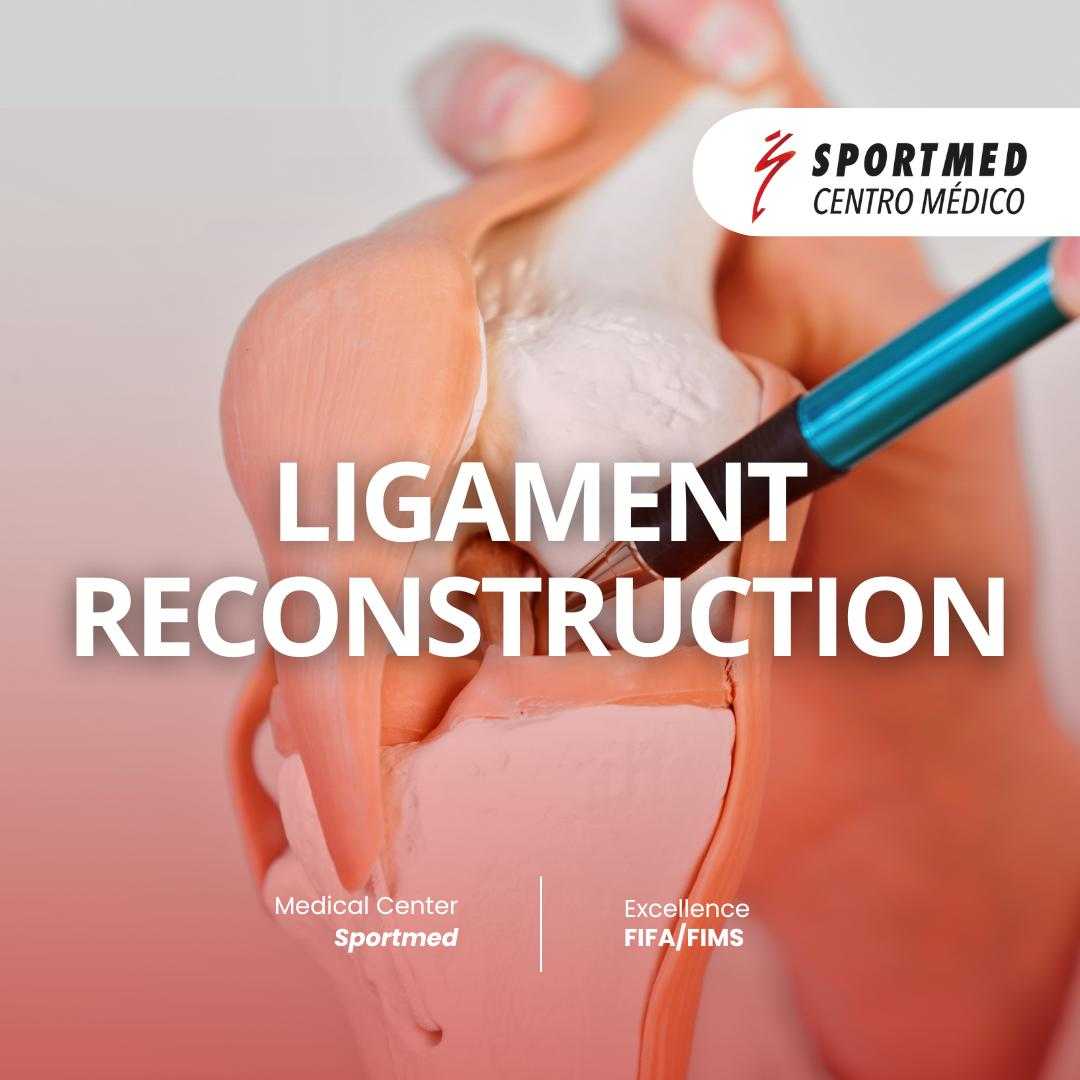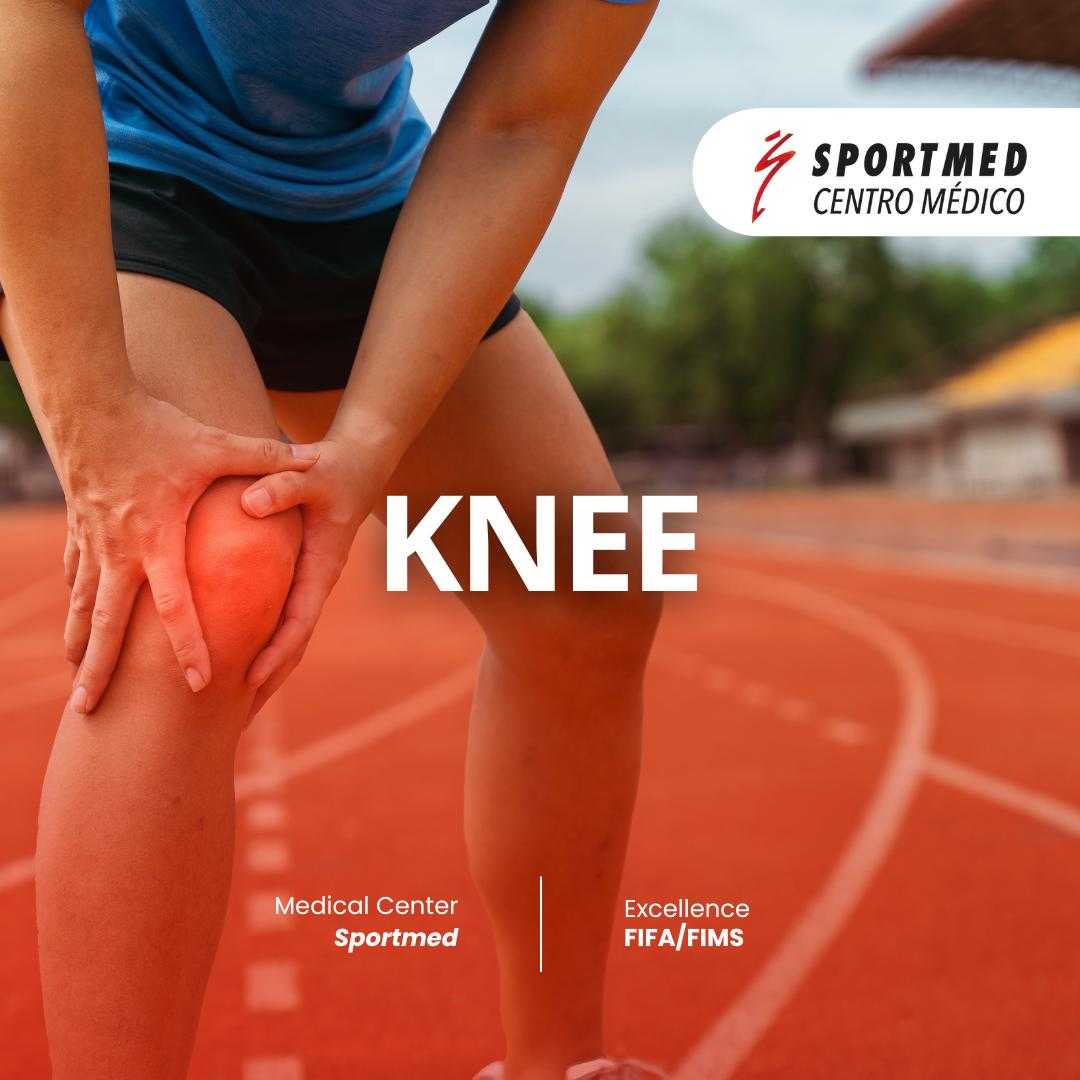Rheumatoid Arthritis and Stem Cells: A Revolutionary Path to Recovery

Living with rheumatoid arthritis (RA) can be incredibly challenging, marked by chronic pain, inflammation, and stiffness that impacts daily life. Many people grappling with this autoimmune disease are constantly searching for relief, and the possibility of a definitive cure often comes up. In recent years, stem cell therapy has emerged as a promising area of research, sparking hope and curiosity among patients worldwide. But the big question remains: can stem cells truly cure rheumatoid arthritis?
While the prospect of a complete cure is exciting, it's important to approach stem cell therapy with a clear understanding of its current status. This innovative field of medicine is rapidly evolving, offering new avenues for managing and potentially modifying the course of RA rather than providing an instant cure. This blog post will dive deep into how stem cells interact with rheumatoid arthritis, what current research suggests, and what patients should know when considering this advanced therapeutic option.
What is Rheumatoid Arthritis (RA) and how does it affect the body?
Rheumatoid arthritis is a chronic inflammatory disorder that primarily affects the lining of your joints, causing painful swelling that can eventually result in bone erosion and joint deformity. Unlike osteoarthritis, which is a wear-and-tear condition, RA is an autoimmune disease, meaning your body's immune system attacks its own tissues.
The inflammation associated with rheumatoid arthritis can damage various body systems, including the skin, eyes, lungs, heart, and blood vessels. Common symptoms include joint pain, tenderness, swelling, stiffness (especially in the morning or after inactivity), fatigue, fever, and loss of appetite. If left untreated, RA can lead to significant disability and reduced quality of life.
How do stem cells work in treating Rheumatoid Arthritis?
The therapeutic potential of stem cells in rheumatoid arthritis largely stems from their unique properties. Mesenchymal stem cells (MSCs), which are the most commonly studied type for **RA**, possess strong immunomodulatory capabilities. This means they can help regulate the immune system, calming the aggressive immune response that mistakenly attacks healthy joint tissues in RA patients.
Beyond immune modulation, MSCs also have anti-inflammatory effects, directly reducing the painful swelling characteristic of RA. Furthermore, they can differentiate into various cell types, including cartilage and bone cells, suggesting a potential to repair or regenerate tissues damaged by chronic inflammation. They also release growth factors and cytokines that promote tissue healing and reduce scar formation.
Can stem cells completely cure Rheumatoid Arthritis?
Currently, a complete and universally accepted cure for rheumatoid arthritis through stem cell therapy has not been achieved. While clinical trials and patient experiences show remarkable improvements in symptoms, reductions in disease activity, and even periods of remission, these outcomes don't typically represent a permanent cure. The goal of current stem cell treatments for RA is primarily to manage the disease, reduce inflammation, alleviate pain, and prevent further joint damage.
The complexity of rheumatoid arthritis, being a multifaceted autoimmune disorder, means that a simple "fix" is challenging. However, the progress in stem cell research is very promising, with studies continually working towards refining protocols to achieve more durable and profound therapeutic effects, potentially leading to long-term remission that feels very much like a cure for many individuals.
What types of stem cells are used for Rheumatoid Arthritis treatment?
The most common and extensively studied type of stem cells used for rheumatoid arthritis treatment are Mesenchymal Stem Cells (MSCs). These multipotent stromal cells can be isolated from various tissues within the body, each offering distinct advantages.
Key sources of MSCs include:
- Bone Marrow: A traditional source, known for robust cells.
- Adipose Tissue (Fat): Abundant and easily accessible, making it a popular choice.
- Umbilical Cord Tissue: Considered "younger" cells, with high proliferation rates and potent immunomodulatory effects, often used in allogeneic (donor) treatments.
While other types of stem cells, like hematopoietic stem cells, have been explored for severe, refractory cases of autoimmune diseases, **MSCs** are generally favored for RA due to their lower immunogenicity and powerful ability to modulate the immune system and promote tissue repair without significant ethical concerns.
What are the potential benefits of stem cell therapy for RA?
For individuals with rheumatoid arthritis, the potential benefits of stem cell therapy can be life-changing. One of the most significant advantages is the reduction in joint pain and inflammation. By modulating the immune response and exerting anti-inflammatory effects, **stem cells** can help to alleviate the persistent discomfort and swelling associated with **RA**.
Beyond symptom relief, patients often report improved joint function and mobility, making daily activities easier and enhancing their overall quality of life. Furthermore, some studies indicate that stem cell therapy may help slow or even halt the progression of joint damage, potentially reducing the long-term need for aggressive conventional medications or invasive surgeries. This could lead to a decreased reliance on immunosuppressants and biologics, which often come with their own set of side effects.
Are there risks or side effects associated with stem cell therapy for RA?
While stem cell therapy offers exciting possibilities, it's crucial to be aware of potential risks and side effects, as with any medical intervention. Generally, when performed in reputable, regulated clinics, stem cell therapy is considered safe. However, potential risks can include:
- Infection: Any injection carries a slight risk of infection at the injection site.
- Allergic Reaction: Though rare, patients can have an allergic reaction to the cellular product or other materials used in the procedure.
- Temporary Worsening of Symptoms: Some patients may experience a temporary increase in pain or inflammation before improvement.
- Discomfort: Mild pain or bruising at the site where stem cells are harvested (e.g., bone marrow or fat tissue) or injected.
Serious complications, such as tumor formation or uncontrolled cell growth, are extremely rare, especially with the use of well-characterized MSCs. It is vital to choose a clinic that adheres to strict safety protocols and ethical guidelines to minimize these risks.
What is the current status of clinical trials for stem cells and RA?
The field of stem cell therapy for rheumatoid arthritis is a dynamic area of research, with many ongoing clinical trials across the globe. These trials aim to thoroughly investigate the safety and efficacy of various stem cell types, particularly MSCs, in treating RA. Most trials are currently in Phase I or Phase II, focusing on establishing the safety profile of the treatments and gathering preliminary data on their effectiveness.
Early results from these trials have been encouraging, showing reductions in disease activity scores, improvements in joint pain and swelling, and overall better quality of life for many participants. Researchers are exploring different routes of administration (e.g., intravenous infusion, direct joint injection), optimal cell dosages, and combinations with conventional therapies. While promising, larger Phase III trials are needed to provide conclusive evidence and pave the way for widespread regulatory approval.
How much does stem cell therapy for Rheumatoid Arthritis cost internationally?
When considering stem cell therapy for rheumatoid arthritis, especially through medical tourism, cost is a significant factor. The price can vary widely based on several variables. For instance, countries like Mexico, Panama, and Germany are popular destinations for advanced regenerative treatments, but their pricing structures differ.
Factors influencing the cost include:
- Clinic Reputation and Location: Highly specialized clinics in renowned medical tourism hubs often have higher fees.
- Type and Source of Stem Cells: Autologous (patient's own) versus allogeneic (donor) cells, and the source (bone marrow, adipose, umbilical cord) can affect pricing.
- Number of Treatments: Some protocols involve multiple infusions or injections over a period, increasing the overall cost.
- Included Services: The package might include consultations, diagnostic tests, follow-up care, accommodation, and transport, which impacts the total price.
It's essential to get a detailed breakdown of all costs involved from any clinic you consider.
What factors should I consider when seeking stem cell treatment for RA overseas?
Seeking stem cell treatment for rheumatoid arthritis abroad requires careful research and consideration. It's not just about the cost; it's about safety, efficacy, and ensuring you receive high-quality care. Here are crucial factors to consider:
- Accreditation and Regulation: Verify that the clinic is accredited by recognized international bodies and operates under strict local medical regulations.
- Physician's Expertise: Research the experience and qualifications of the doctors who will perform the procedure. Ensure they specialize in regenerative medicine and rheumatoid arthritis.
- Stem Cell Protocols: Understand the specific type of stem cells used, their source, and the administration method. Ask about the scientific evidence supporting their particular protocol for RA.
- Transparency: The clinic should be transparent about success rates, potential risks, and all costs involved, with no hidden fees.
- Patient Support: Evaluate their communication, pre- and post-treatment care, and assistance with travel logistics.
Prioritizing safety and evidence-based practices is paramount when pursuing international medical treatments.
Will insurance cover stem cell therapy for Rheumatoid Arthritis?
Unfortunately, for most patients, health insurance plans typically do not cover the cost of stem cell therapy for rheumatoid arthritis. This is primarily because many stem cell treatments for conditions like RA are still categorized as experimental or investigational by regulatory bodies and insurance companies. Until these therapies complete all phases of clinical trials and receive widespread approval, they are unlikely to be included in standard insurance coverage.
There might be rare exceptions if a patient is participating in a formally approved clinical trial where certain aspects of the treatment are covered by research grants or specific insurance agreements. However, for elective treatments sought outside of these trials, patients should expect to pay out-of-pocket. It's always advisable to contact your insurance provider directly to understand your specific policy and any potential coverage limitations for advanced or experimental treatments.
If you are exploring advanced treatment options or considering medical travel for conditions like rheumatoid arthritis, PlacidWay can help you navigate certified clinics and personalized care plans worldwide. Contact PlacidWay today to learn more about your global healthcare possibilities.


.png)




.png)
.png)



Share this listing